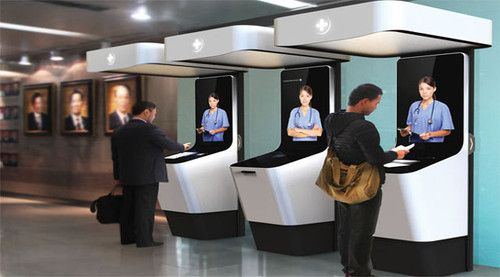
Guest Post by: Isabel Van De Keere
With innovation in healthcare, a visit to the doctor’s office continues to take on many new forms. Visiting your GP via an online consultation will increasingly become common practice. The rapid growth of online personal healthcare providers like Babylon and AI platforms like Deepmind means that your next visit to the doctor may not just be a virtual one. Your chief caretaker, yes, will be a super computer.
Public opinion is still split on the matter and as an Engineer and Applied Scientist, I fully support decision-making based on reliable datasets. The state of digital health technology is still nascent and wholly dependent on the type of medical diagnostics being carried out. Doctors will still really on their medical expertise and deal with unique and non-obvious medical conditions.
Doctors will continue to hold a privileged position to use their expertise in critical medical situations. And the judgment of a experienced team of doctors on assessing will be difficult to automate. Human judgment has and always will continue to be a part of healthcare.
We don’t need to frame the future of healthcare as a man vs. machine debate. A fitting collaboration between the doctor and the computer will help tackle healthcare challenges and increase patient care significantly. It can also enable doctors to focus more on critical analysis and diagnostics while the data gets crunched in the background.
And what about the underlying care provided between the doctor and patient? Will that sense of underlying care we have come to expect disappear when we get sick in the future? Designing robust digital healthcare products and systems will specifically rely on incorporating support from doctors at the right times both for expertise and empathy. A doctor that reassures a patient about her health, and talks her through those difficult moments is not indispensable. The mental health of patients will need to be considered as we continue to digitise healthcare services.
The future of healthcare looks like an intimate dance between the patient, doctors and a technology-led framework. What’s exciting is to see what new digital health developments are peeking around the corner– and how they will change our lives.
